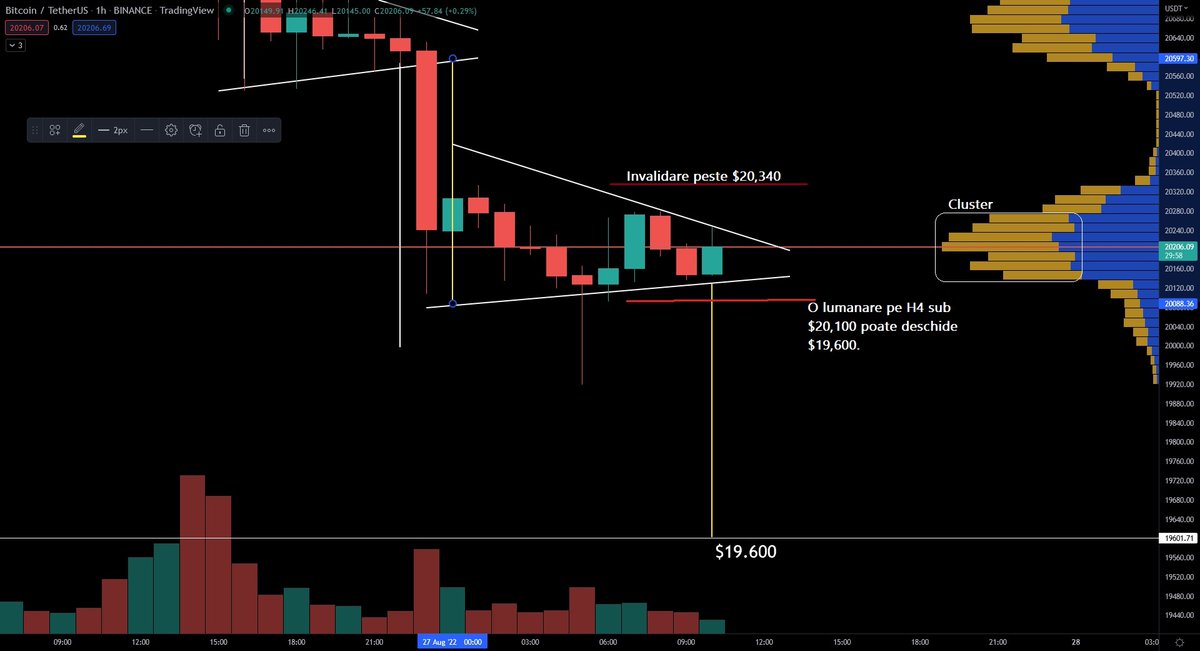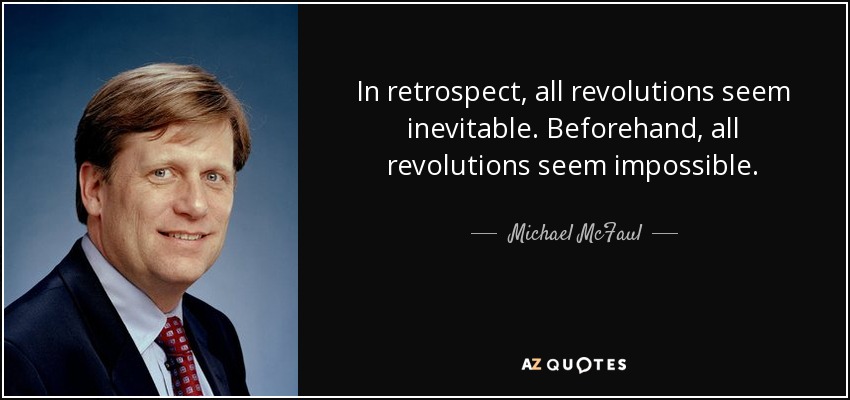

political scientists read this blog) and could get him to explain what he was trying to say, I’d appreciate it. If anyone here knows him (perhaps some U.K. mass disasters: post-Asian tsunami disaster experience in retrospect. I sent David Runciman an email asking for claification. An undeniable and inevitable reality of any mass disaster is the massive number of. This seems funny to me–if I were writing for a such a large audience, I’d be petrified of making a mistake–but I guess that journalistic writing is a different world, even when done by academics. But you totally can, and it would be weird if you couldn’t.

There’s no way that these authors intend to make mistakes apparently, they don’t try a lot of fact checking. In retrospect, it was inevitable: the future of Ethereum and ERC-1155 We’ve grown up being told that you can’t compare apples to oranges. This reminds me of John Yoo’s Wall Street Journal article which I discussed earlier. I’m surprised he didn’t walk down the hall and show his article to one of his political science colleagues there–I assume there are some researchers in American politics and public opinion he could talk with.

(The relevant formula is “1/n – 1/N.”)ĭavid Runciman teaches the history of political thought at Cambridge University. The best solution is probably a weighted average of the “dartboard” and the poll, maybe weighting the dartboard more than the poll if the sample size is that small. Is this as good as a “dartboard” (i.e., an estimate based on prior information)? Maybe. I wonder why they don’t just throw darts at a board, then? This would save them lots of money! For n=283, sqrt(p(1-p)/n)=.03, so +/- 2 standard errors is +/- 6 percentage points in the vote share for one candidate, or +/- 12 percentage points in the vote differential between two candidates. For a country the size of the United States, this is the equivalent to stopping a few people at random in the street, or throwing darts at a board. The recent New York Times poll that gave Obama a 12 per cent lead was based on interviews with just 283 people. One of the amazing things about the business of American politics is that its polling industry is so primitive. Is that really true? My impression is that there are big differences between states, after controlling for demographics. Bitcoin more than quadrupled over the course of 2020, with crypto bulls citing increased institutional investment as a driving force of the rally.The salient fact about this campaign is that demography trumps everything: people have been voting in fixed patterns set by age, race, gender, income and educational level. The digital coin is still about 13% off its all-time high but up around 25% since the start of the year. It briefly fell below the $30,000 mark just last week. The world's most valuable cryptocurrency hit an all-time high of $41,940 earlier this month before sinking sharply a week later. And its actually psychologically difficult to imagine not knowing back. Dogecoin was up 800% in the last 24 hours at one point.īitcoin's price action had been relatively muted ahead of Friday. Even wildly contingent events looked inevitable in retrospect. It adds to the wild volatility in markets this week, as the stock prices of heavily-shorted companies like GameStop and AMC surged dramatically thanks to a rush of amateur investors inspired by the Reddit forum WallStreetBets.Īnother subreddit group, SatoshiStreetBets, led investors to pump up the price of Dogecoin, a cryptocurrency inspired by the popular "doge" meme. He also sent out a cryptic tweet, saying: "In retrospect, it was inevitable." Notebook: In Retrospect It Was Inevitable Doge: Notebook Diary Gift for Family, Friend and Yourself 120 Pages 6 x 9 inches Keaka, Bosler on. Musk added #bitcoin to his Twitter bio earlier Friday morning.


 0 kommentar(er)
0 kommentar(er)
